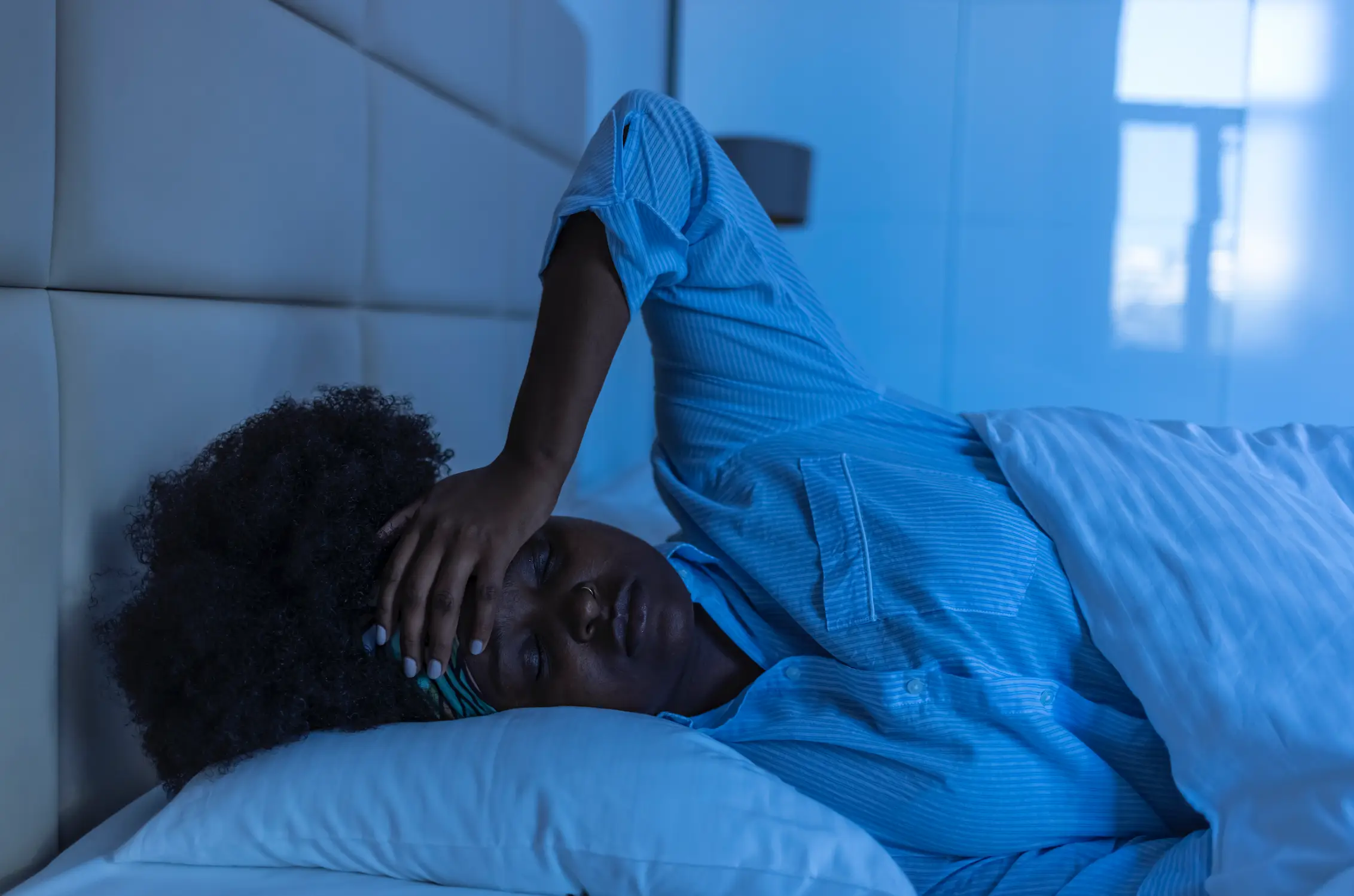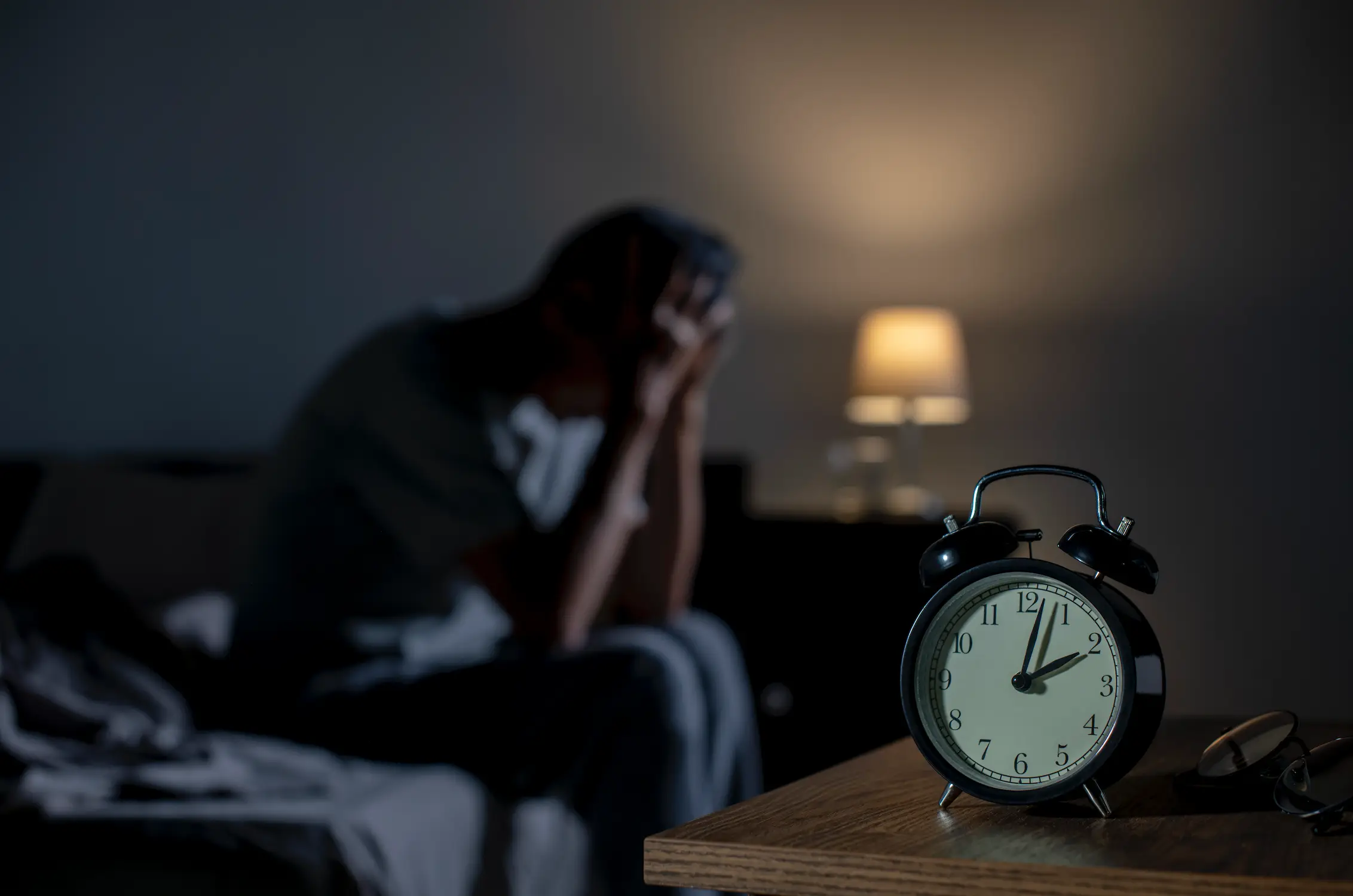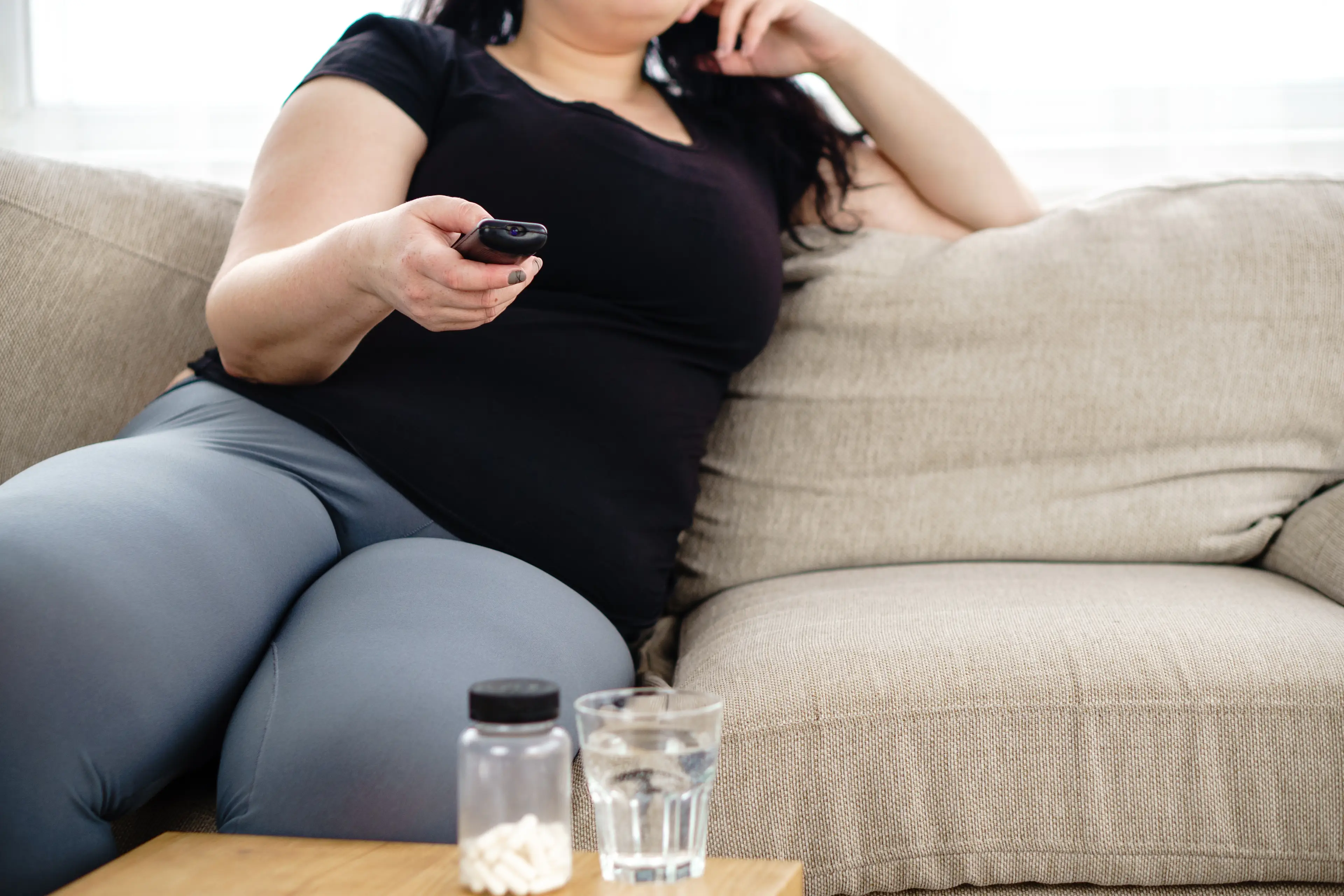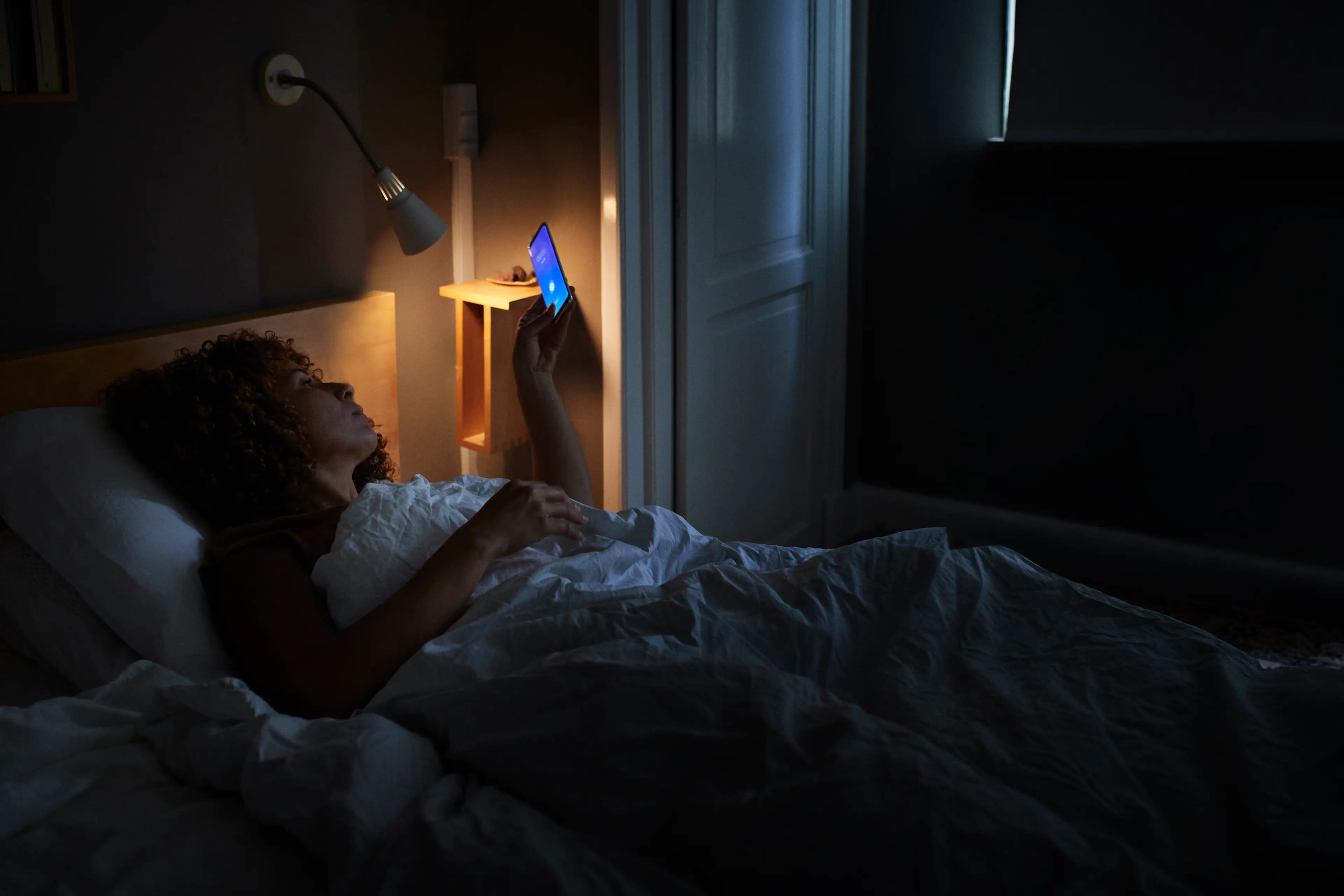
Anyone else battling a sudden surge in fatigue lately? Honestly sister, you're not alone.
But if you were under the impression that your recent tiredness is a sign of the times - darker nights, colder weather and the clocks having gone back - you could be wrong.
That's right - seasonal circumstances may not be wholly to blame when it comes to your ever-increasing restless nights.
In fact, one expert have recently hinted at seven other factors which they believe could be contributing to the nation's general lacklustre air at the moment...
Advert

High cortisol
When you become stressed, your internal levels of the hormone cortisol shoot up.
This bodily reaction is aimed at keeping you on high alert so that you're able to handle the trigger head on - whether that be as dangerous as someone chasing after you, or as mild as a slightly more arduous day in the office.
According to medical biochemist and environmental scientist Jane Ollis, however, society becoming an increasingly more stressful arena in general means that human cortisol levels have sky-rocketed on average.
Naturally, therefore, an increased sense of awareness can often make it more difficult to drift off to sleep at night.
Increased anxiety
Much in the same way that cortisol affects the body, anxiety - whether conscious or subconscious - can stand as a barrier to relaxation, especially at nighttime.
The high-alert state it can keep us in sometimes 'drains energy and makes it harder to relax', Jane says.
To tackle this in the short-time, she advises that anxiety-sufferers try noting down a list of things they have to tackle the following day.
While that might sound counter-intuitive to a feeling of serenity, it can reportedly assist in decluttering the mind.

Erratic hormones
For women, bodily changes that affect hormones in particular - such an menstruation and menopause - can hugely affect your ability to get some shut-eye.
Being that both of these states trigger a reduction in oestrogen, side effects like hot flashes and restlessness often make sleeping hard work.
It may sound simple, but keeping your room cool at night, wearing breathable pyjamas and attempting to maintain a peaceful nighttime routine can help in these circumstances.
Being too immobile during the day
This one might sound pretty common-sensical, but many insomniacs forget the impact that daily movement and exercise has on your ability to sleep.
Not only do these factors create muscular tiredness within the body, but surge in endorphins caused by these movements also plummets to leave you in a more subdued state than usual.
Naturally, sedentary lifestyles have the opposite affect, and can prompt the feeling of restlessness within both the body and the mind when nighttime approaches.
"Regular physical activity, especially moderate aerobic exercise, improves sleep quality by increasing time in slow-wave, deep sleep," Jane explains.
She adds, however: "Just avoid vigorous workouts close to bedtime, as they can delay sleep onset."

Too much blue light
Without trying to mother you, it's a well known fact that technology should be a no-go before bed to anyone struggling with their sleep.
But the specific type of light reflected by laptops, phones and televisions can delay melatonin release, which keep the brain awake much longer than you may have expected.
"Aim to switch off screens an hour or two before bed, or use a warm light setting," Jane advises, adding that it's best to 'expose yourself to natural or yellow light to reset your body clock and signal it’s time to be awake'.
Eating too late
While the 'correct' time to consume your final meal of the day is often debated among health experts, Jane says it's vital for someone struggling to sleep at night not to leave it too late to eat - and definitely not to enjoy a midnight snack.
"Eating too close to bedtime can disrupt sleep as your body focuses on digestion instead of winding down," the expert explained.
"Aim to finish meals a couple of hours before bed to improve sleep quality."

An irregular nighttime routine
While factors such as work shifts that chop-and-change, traffic and social plans can sometimes impact what time you manage to hit the hay at the end of the day, Jane says it's important to create as steady a bedtime routine as possible.
Regular sleep trains your circadian rhythm, which means your body will fall asleep faster - and more importantly stay asleep.
Topics: Sleep, Health, Mental Health, Life, Real Life, True Life